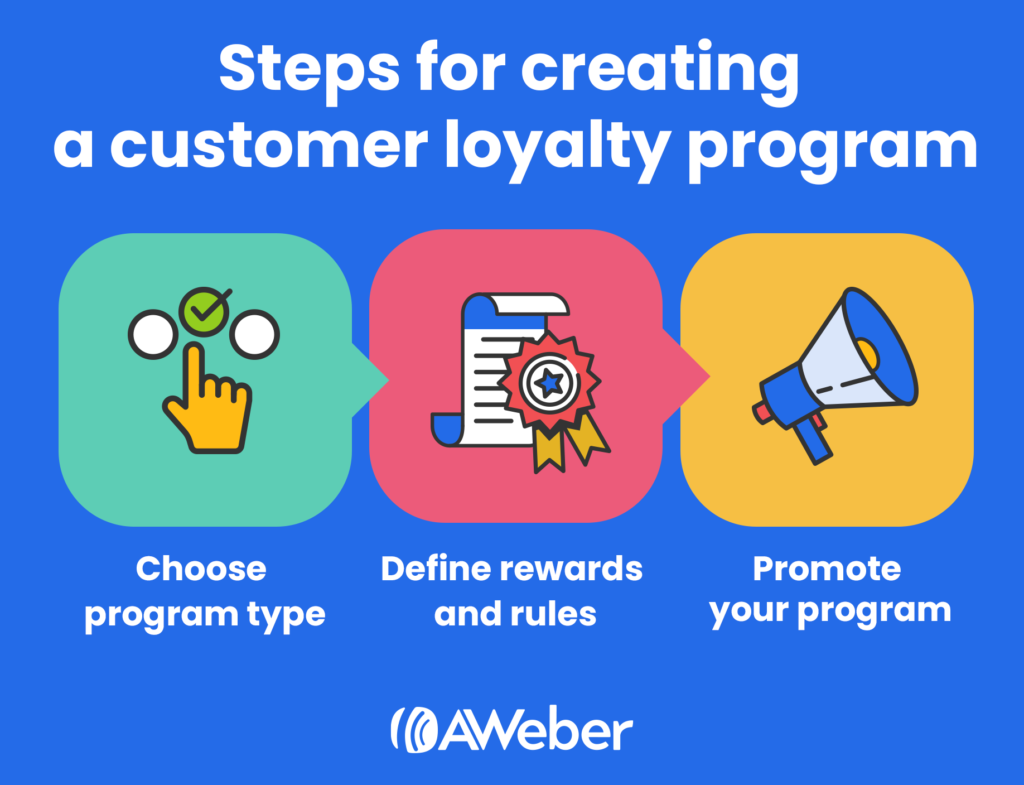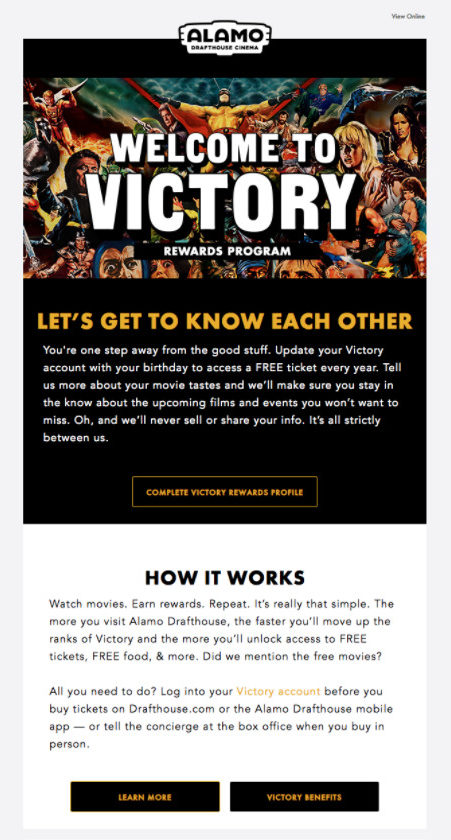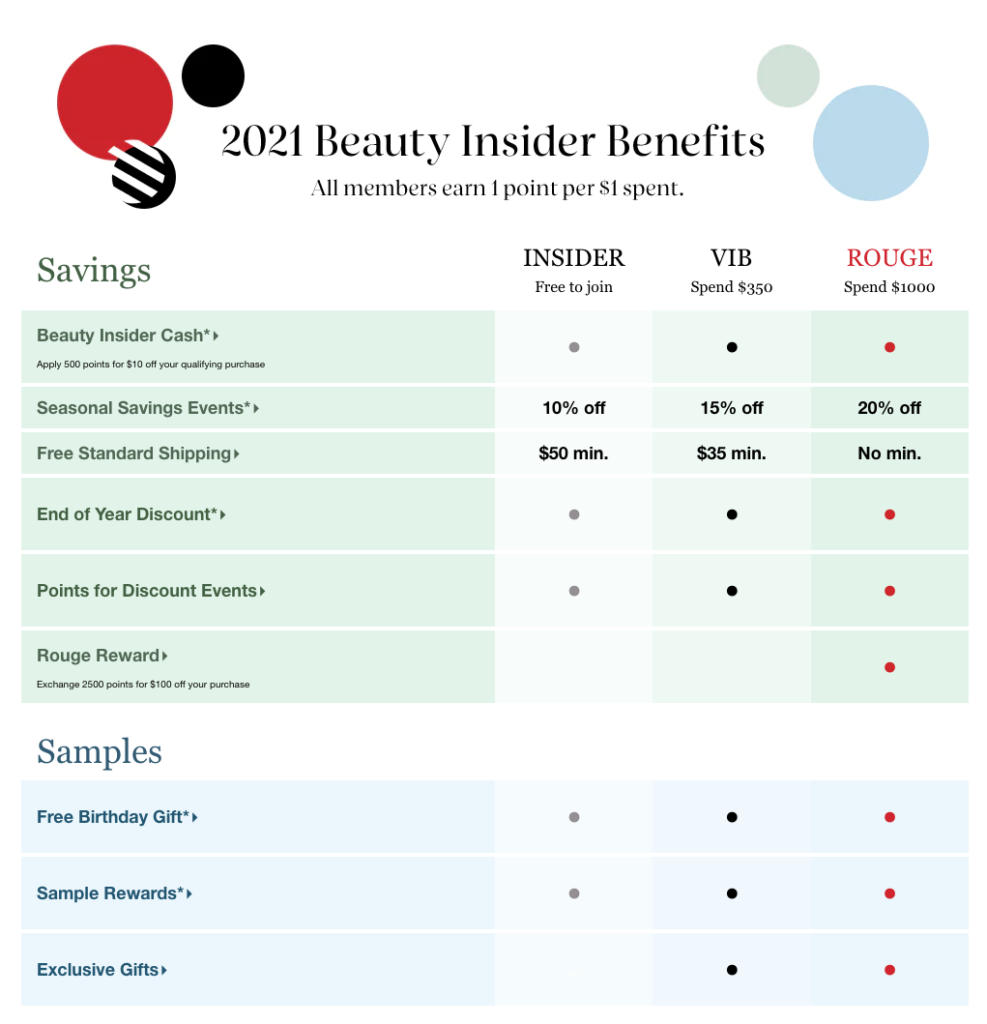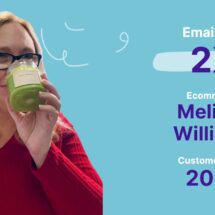How to Set Up a Customer Loyalty Program for Your Ecommerce Business
By Nahla Davies November 30, 2021
Marketplace sites such as Amazon or Etsy can provide a steady income stream for ecommerce entrepreneurs. However, selling on your own website has the potential to generate repeat business from loyal customers and grow your brand.
A customer loyalty program is a great way to earn the repeat business of your customers and build relationships that can develop into brand loyalty and even referrals. Unfortunately, many ecommerce entrepreneurs consistently get it wrong when they attempt this strategy.
There are several different types of customer loyalty initiatives and approaches to designing programs that attract the right kinds of buyers for your brand. We’ll help you navigate your options to build a lucrative loyalty program for your ecommerce business.
What is a customer loyalty program?
A customer loyalty program is a technique that businesses use to build relationships between brands and their customers.
A business will offer exclusive promotional offers and other perks, and in return customers become steady, long-term buyers. The goal of a customer loyalty program is to attract the right customers for your brand and create long term, profitable relationships with them. After all, 80% of a company’s profits come from just 20% of customers.
According to recent research, top performing customer loyalty programs have the ability to boost revenue by 15-25% each year. So, creating a customer loyalty program can be a very profitable way to build relationships with customers.
Steps for creating a customer loyalty program
Are you ready to take the next steps in creating a customer loyalty program? Here are three easy steps to get you started.

1 – Choose the right type of program
There are several types of customer loyalty programs that are suited for different audiences and industries. In order to design a successful customer loyalty program, it’s important that you choose the right type of program to implement. Some of the most popular types of customer loyalty programs include:
Points programs
These popular customer loyalty programs allow customers to accrue points over time that can be redeemed for rewards or free products. Points can be accrued by making purchases, engaging with content, signing up for events, etc.
Points programs that are based on customer referrals have even more potential, since referred customers have a higher lifetime value than others.
Spend programs
A popular choice for reducing churn rates, this customer loyalty program gives customers credit depending on the amount of money they spend on products and services.
For example, for every $150 they spend, they receive a $5 credit towards their next purchase.
Tiered programs
A form of points program, tiered customer loyalty programs allow customers to earn points with increasing tiers of rewards, depending on the points they accumulate. Gifts, free products, and exclusive access can all be part of a tiered customer loyalty program.
Paid programs
These programs require customers to pay a monthly or annual fee to be a part of a “members only” rewards program. Once they are a member of this program they can get access to special events, services, products, deals, and other unique opportunities that other customers don’t get to take advantage of.
The paid barrier to entry has the potential to draw customers further into your marketing funnel in addition to promoting incentivised opportunities.
Punch programs
A well known type of customer loyalty program, punch programs are easy to understand and make earning rewards simple for customers. A digital or physical “card” requires a certain number of “punches” (received by making a purchase) in order to earn a gift or reward. This incentivises customers to continue making purchases in order to build up punches and earn rewards.
2 – Define the rewards and rules
Now that you’ve decided what type of customer loyalty program you are going to use, it’s time to make the rules and decide what rewards you will offer to your loyal customers. You don’t want to overwhelm your customers with too many options or make the rules too complicated, or customers will lose interest.
You can also opt to launch your customer loyalty program in bite-sized chunks that are easy to understand and progress naturally.
At the end of the day, you want rewards that have:
- a perceived value
- rules that are easy to understand
- simple ways to redeem rewards
Before you get started, make sure that your business is using accounting software that comes with critical features such as integrations, payments, and invoice templates. This way you can take advantage of all of your prospecting and sales opportunities to streamline your customer loyalty program.
If you use customer relationship management software, you will also have to think about how to integrate the program into your existing classification system.
3 – Promote your program
Once you’ve established the rules and rewards of your customer loyalty program, it’s time to promote your program to get customers to sign up.
Start with email promotions sent to your existing customers and current mailing list. Keep in mind that emails that are relevant to customer’s real life experiences with your brand are 38% more likely to be opened, so clearly explain what the email is for in the subject line.
Companies should also utilize social media to promote their rewards program. Focus on platforms where your target audience spend most of their time or where you get the most engagement so you can spread the word to those that are likely to be interested in signing up for your program.
Don’t forget to use your website to promote your rewards program as well. You have the full attention of consumers that visit your page, so take advantage of that to offer them incentives to join your customer loyalty program.
You can use chatbots on your website, design a dedicated landing page to get people to sign up, and include a pop up sign up form after they spend a certain amount of time on your site.
Loyalty Program Examples
Check out this email example from Alamo Drafthouse Cinema, they’re promoting their rewards program to their existing customers. And in the email, they are clearly defining the benefits of the rewards program.

Sephora is another example of a great loyalty program. They have a tiered program incentivizing customers to spend more. The more you spend with Sephora, the better the program benefits get.

Common customer loyalty program pitfalls
Avoid making these mistakes when implementing a customer loyalty program:
- Only targeting high spenders. Instead, identify the customers that are the most vulnerable to competition and focus your efforts on targeting them with loyalty promotions.
- Not keeping track of metrics. It’s crucial to track loyalty measurements such as churn, response, retention, and lifetime value in order to accurately gauge how your loyalty program is performing.
- Not listening to your customers. When your customers tell you something they like or dislike about your brand or your program, listen to them.
For example, you may be trying to be modern by accepting PayPal, cryptocurrencies, or other alternative payment methods. But 71% of customers report preferring to pay using a credit or debit card, so make sure you use a payment gateway that can accept credit and debit with a smooth, secure interface.
Start your loyalty program today
Creating a customer loyalty program is a great way to build lasting customer relationships and increase profits simultaneously.
In order to design a successful customer loyalty program, it’s important that companies choose the right type of loyalty program with easy to understand rules and attract the right customers.
Remember, it’s not all about the money. Keep an eye on crucial metrics to understand the full impact of your customer loyalty program, and focus on providing incentives that your customers will love.
 87% off ends soon!
87% off ends soon! 
